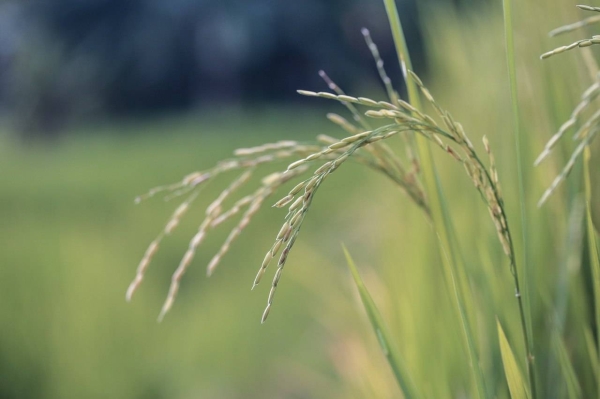With 37 million people globally expected to face acute hunger, destabilisation and mass migration this year as a result of food insecurity, politicians, business leaders and scientists are scrambling to find a solution.
Some may prioritise improving trade policies and existing infrastructure, or reducing food waste, but many, such as BGI Group, are turning towards a more innovative solution: genomic science.
Food insecurity is a phenomenon affecting all nations, from the neediest to the most developed countries, largely because the factors generating it extend beyond our immediate control. Climate change and bad harvests, the rippling economic effects of the Covid-19 pandemic and accelerating population growth have limited the availability and affordability of food on a global scale. To quote David Beasley, the Executive Director of the World Food Programme, “it’s like a tsunami on top of a tsunami.” Worldwide donations and humanitarian aid, however, can only provide immediate relief to the current situation.
Instead, focus should be directed on implementing effective long-term and long-lasting solutions, such as working to enhance the yield, adaptability, and resilience of crops. Genomics is a key scientific practice that can achieve this through the editing and sequencing of entire plant genomes. With over 20 years’ experience in the field, world leading genomics organization, BGI Group is paving the way.
How often do you eat rice?
Rice is a staple ingredient in the daily diet of half of the world’s population. Yet, only 10 out of 195 countries count rice as 90% of their exports along with those of other commodities like wheat, corn, and soybeans.
For optimal yield, rice crop needs a hot and humid climate with an assured supply of water and can only tolerate a maximum temperature of 42°C, and as such would be particularly vulnerable to rising temperatures due to climate change.
India, the largest exporter of rice in the world, faced 200 days of heatwaves in 2022 and reported a severe deficit in rainfall this past September. Similarly, Arkansas, one of the four regions responsible for almost all US rice production, reached unprecedented temperature levels this summer. It is clear that developed and developing countries alike are facing the same environmental stresses and agricultural risks.
BGI Group made a breakthrough in 2002 by transforming rice production when it sequenced the indica strain of rice, grown most widely in China and Southeast Asia. By mapping the genetic traits of rice scientists have been able to detect which plant genes are associated with positive traits like higher yield and pest resistance and ultimately crossbreed between plant species.
Additionally, food insecurity is not only defined by the insufficiency or shortage of food, but also by the reduced quality and variety of crops or produce. Efforts should be directed at producing both high-yielding and high-quality crops and genomics also plays a crucial role in this.
Genomics can provide us with a crop’s full nutritional profile, meaning that rice can likewise be genetically modified to improve its nutritional benefits. Biofortified rice is rich in Vitamin A, iron and zinc, all of which are vital for human growth, development and preventing malnutrition.
In fact, BGI scientists are already working to develop more varieties of perennial rice. Unlike other cultivated rice crops, perennial rice is more stress tolerant and does not require reseeding between seasons. BGI Group promoted the planting of perennial rice in China and many other countries. Farmers in the region benefited as they were required to put in almost 60% less labour and spend nearly half on seed and fertilizer, while enjoying the similar yields to annual rice.
The humble soybean
Another example of the impact of genomics on agriculture is the sequencing of soybeans. In a joint venture with other scientific institutions, BGI is also leading the Soybean Home project. The study provides a valuable resource for the genetic research of soybeans worldwide, as well as for new scientific discoveries in molecular breeding. Containing 18 grams of protein per 100 grams, soybeans are a nutritious plant-based alternative to meat and milk and thanks to genomics their natural high-protein traits can be further enhanced. Drought-stricken countries like Somalia where the livelihoods of livestock are at severe risk could certainly benefit from such advancements.
As veganism and plant-based diets keep thriving as a response to climate change, studies in plant breeding could not be more pertinent.
In times of crisis, tradition must learn to walk hand-in-hand with innovation. Traditional cultivation practices alone cannot tackle global food insecurity. The use of genomics in plant breeding must be part of any effective long-term solution to confront it.





